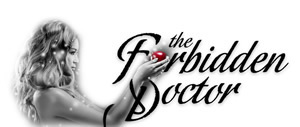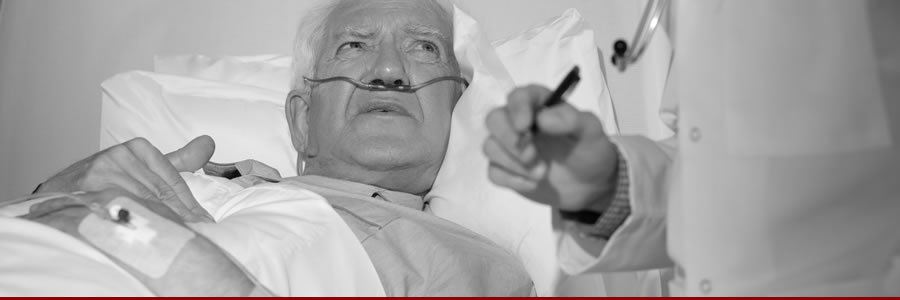It might be hard to imagine now, but after a heart attack, you really can feel whole again. You may even be able to resume all of the pastimes you enjoyed prior to your cardiac episode.
But it’s going to start with changes in you. Changes in exercise and most importantly, in nutrition. Specifically we’ve got to get your body and your heart nourished to maximize healing. And we’ve also got to get you thinking differently and changing up some of your activities. The entire goal here is to avoid another heart attack for the rest of your life. Let us help you achieve this! First let’s review warning signs that you may not be out of the woods yet. You need to take extra precautions and heed what your body is telling you.
Pay Attention to These Things
After a heart attack, you should think of yourself as being in crisis. That’s not to alarm you, but you are dealing with serious tissue damage and other problems.
If you ever feel acute chest pain, call 911. Be aware that heart-related pain can sometimes travel to other parts of the body like the back and the neck. Likewise, seek help immediately if you’re having trouble breathing or if you feel nauseated or dizzy. A cold sweat can also be a warning sign of a cardiac issue.
In addition to physical pain, you ought to be cognizant of your feelings at all times. Emotional distress can lead to indigestion, high blood pressure and other physical problems. Therefore, whenever you’re sad or anxious, reach out to a family member or a friend. Talking to someone who’s also suffered a heart attack can be especially valuable as that person will really know what you’re going through. No matter whom you’re conversing with, when another person is close by and you feel loved and supported, it’s much easier to rein in your stress and panic.
Activities to Help Your Heart
Let’s start with some basic behavioral changes. Research has shown time and again that peaceful activities will aid your cardiovascular system. For example, coming into contact with nature is a terrific way to ease stress. A stroll through a park or meadow, breathing in the fragrances, taking a moment to notice the small things all around you, can really calm the body.
Did we really just say to walk through a park to help your heart? Yes. It’s more than the exercise – it’s the mindset, the physical effects of trying to experience real calm.
Then another consideration is the time you spend in loving and trusting relationships. Those free of jealousy and anger, can improve psychological health and stimulate the release of soothing and healing chemical compounds throughout the nervous and endocrine systems. Additionally, sexual activity can benefit those who’ve suffered heart attacks. Obviously confirm with your doctor that you are able to have sex, but any doctor will agree it’s a great healing force in the body if you can do it. After sex, the endocrine system especially secretes certain hormones that allow tissues to repair themselves much more dramatically than under normal circumstances.
Consider obtaining an exercise program from a medical expert. Naturally, the movements will be gentle at first. Early on, you might be sitting the entire time. This regimen will gradually intensify, and it’ll give your cardiovascular system and other muscles the training and toning they need. But of course, we complain all the time that doctors think exercise will cure everything! It won’t; not unless you are also nourishing your body systems. Nutrition for us is the crux of your problems in the first place, and there will be now foundational healing unless we tackle your nutrition.
Heart-Healthy Nutrition
When you’re putting your diet together after a heart attack, you want to consider the physiological effect of each type of food you eat. For instance, magnesium and potassium, which are found in green leafy vegetables, slow the systems of the body down, and can decrease your heart rate (a good thing in most cases) whereas phosphorus-laden foods like frozen dinners, processed meats, and starchy snacks like potato chips speed them up. Breads, cereals and other grain products are rich sources of phosphorus, so for now, chuck the breads out. Chuck the refined grains and sugars out.
Instead make sure that you’re eating several daily servings of fruits, vegetables and a few ounces of whole grains. Meanwhile, avoid sugar and processed foods altogether. Not forever, but for now you need a dramatic shift away from processed and refined foods.
Finally to nourish the heart itself, you need protomorphagens from heart tissue. The protomorphagen theory of cellular development suggests that the body is better able to build the structural materials to heal your heart by consuming those same raw materials as close to their natural state as possible. This involves the butcher shop if you aren’t able to get whole food supplements to do the trick. 150 years ago it was perfectly common for us to prepare and eat organ meats including heart muscle on a regular basis. But these days, we stick to sirloin and round cuts of muscle tissue – nutritious to be sure, but nothing like the nutrition available from heart, liver, or even gland tissue.
To round out what you are doing consider Hawthorne Root, which has been shown to stabilize blood pressure and nourish heart muscle. It’s important to keep in mind that the heart responds faster than any other organ to good nutrition, so these recommendations can help dramatically and quickly if you are serious about healing.
Our patients have access to a heart healthy protocol that does what these nutritional recommendations do without you needing to eat bovine heart tissue or find Hawthorne on your own. Anyone wanting to access our protocols and our supplements for our patients can become a patient for free by taking our symptom survey. Let them know you had a heart attack in the survey!
In the end, “normal” lifestyles are within the reach of many cardiac patients. Your day-to-day routine can be thoroughly fulfilling and pleasurable. Hopefully, you’ll soon be enjoying a balanced and nutritious diet, a light to moderate aerobic exercise routine and plenty of time with friends and loved ones, including time in the bedroom with that special someone. You can control your cardiac situation; you needn’t let your cardiac situation control you.

